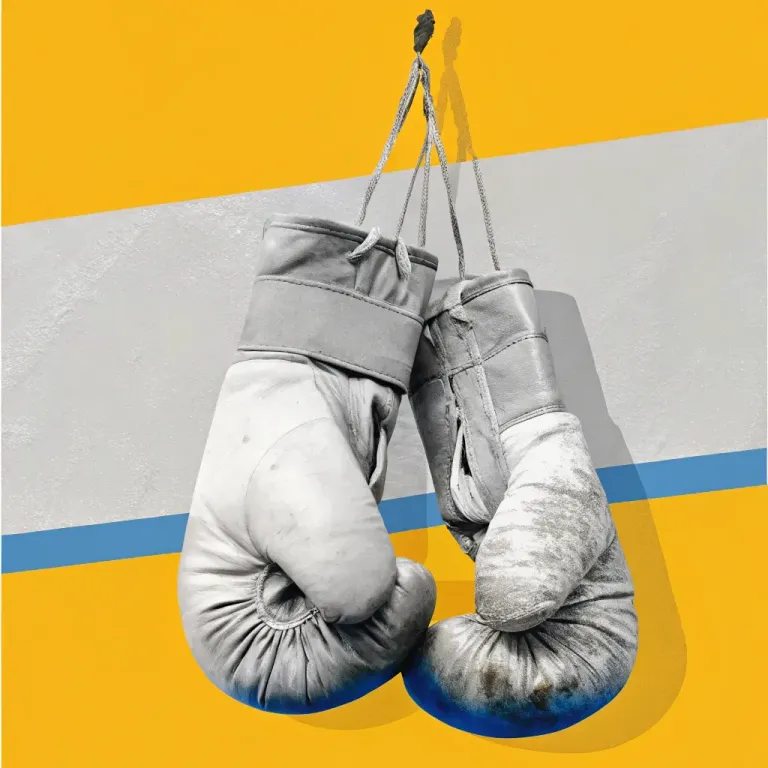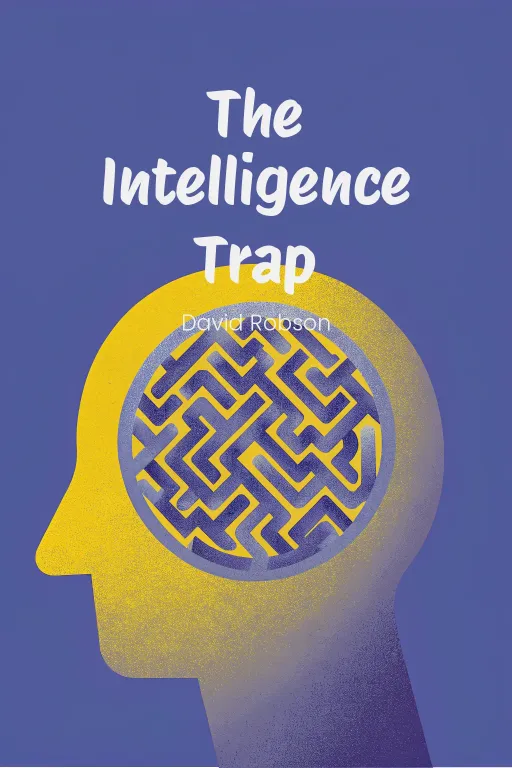
Effort Beats Talent: The Grit Advantage
Podcast by Beta You with Alex and Michelle
The Power of Passion and Perseverance
Introduction
Part 1
Alex: Hey everyone, welcome to the podcast! So, let's kick things off with a question: What do “you” think is more crucial for success – raw talent, or just sheer, hard-headed determination? Michelle: Well, talent seems like the obvious answer, doesn't it? That's the classic story we always hear. The natural genius, the child prodigy… But knowing you, Alex, I suspect you’re about to tell me something different. Alex: Precisely! Today, we're diving into Angela Duckworth’s Grit: The Power of Passion and Perseverance. Her big idea? Talent gets you started, sure, but it's grit—that combo of passion and sticking-to-it-ness—that “really” drives long-term achievement. Michelle: So, talent is like a head start, but grit is what actually gets you across the finish line? Okay, I can dig that. Alex: Exactly! And here’s our plan: we'll define what grit “really” means and why it's more important than talent. Then, we'll look at how you can cultivate it – not just in yourself, but also in other people, whether you're a parent, teacher, or manager. And finally, we’ll see how grit works in the real world, shaping teams, influencing cultures, and fueling individual success stories. Michelle: Right, so it's not just about grinding when things get tough; it's a whole way of thinking, a way of doing things. Almost a lifestyle choice, wouldn't you say? Alex: Absolutely. Grit can transform potential into real results. And today, we're going to explore how “you” can tap into that power in your own life. Ready to jump in? Michelle: Alright, let's see just how gritty we can get!
The Power of Grit
Part 2
Alex: Okay, so let's dive in. Duckworth defines grit as passion and perseverance for long-term goals. It's about endurance, a marathon, not a sprint. You know, society often puts so much emphasis on talent, as if it’s the be-all and end-all. But Duckworth kind of challenges that, doesn’t she? She’s saying talent matters, sure, but effort? Effort matters “twice” as much. Michelle: Right, that's the equation she's famous for, isn't it? Talent multiplied by effort equals skill, and then skill multiplied by effort equals achievement. Effort gets a double dose there, which really flips the script on the whole "born genius" idea, wouldn't you say? Alex: Exactly! It's not about being naturally brilliant; it's about consistently putting in the work over time. Look at Ed Viesturs, the mountaineer who climbed all fourteen 8,000-meter peaks without oxygen. People might think, "Wow, he's just naturally gifted," but he credits his success to meticulous preparation and incredible effort. Michelle: Right. He didn't just wake up one day thinking, "I'll climb Everest, no problem. I'm talented." He planned, he prepared, and he persevered. And honestly, that’s what I find so compelling. It makes success feel more attainable, like anyone could do extraordinary things if they’re willing to put in the work. Alex: Yes, exactly! And Duckworth doesn’t just use stories, she's got solid research to back it up. Take West Point, for example. Only the best cadets get in, right? But her Grit Scale was a better predictor of who’d make it through Beast Barracks—their toughest training—than SAT scores or even athletic ability. Michelle: Wait a minute, so the smartest and fittest weren’t necessarily the ones who made it? It was the ones who just...stuck it out? Alex: Exactly. Her research consistently shows that perseverance—especially when things get incredibly difficult—is key to long-term success. That’s what really sets grit apart from raw intelligence or physical ability, you know? Michelle: Okay, I'm starting to get the picture. But let's move this out of the lab and into our lives, Alex. How do we actually “build” grit? Is it something you're born with, or can you develop it over time? Alex: Great question, Michelle. Duckworth is adamant that grit can definitely be developed. One of the main strategies she talks about is deliberate practice, which is all about focusing on your weaknesses. It’s not just doing the same thing over and over; it’s targeted effort, constant feedback, and always striving to improve. Michelle: So, like the swimmer Rowdy Gaines, who didn’t just swim laps mindlessly, but fine-tuned specific parts of his strokes with continuous feedback. So it's not just practice, it's intentional practice, right? Alex: Exactly. Deliberate practice is tough, though. It demands focus, stamina, and, well, grit. But it leads to mastery over time. Another key ingredient is passion—not just fleeting excitement, but a deep, long-term commitment to something that really, truly matters to you. Duckworth brings up Pete Carroll, the Seattle Seahawks coach. After getting fired by the New England Patriots, he refined his coaching style and anchored it around a single purpose: "Do things better than they’ve ever been done before." Michelle: And that purpose became his guiding light? Alex: Absolutely! It fueled his perseverance through setbacks and helped him to build a resilient culture in Seattle. Duckworth sees that kind of purpose-driven passion as a cornerstone of grit. Michelle: It’s interesting how purpose ties so strongly into all this, because without a solid "why," it’s hard to just keep pushing through the tough times, isn't it? Alex: Exactly. Purpose gives meaning to that grind. And Duckworth goes even further, looking at how leaders can cultivate grit in their teams. Take Jamie Dimon from JPMorgan Chase. He tells his employees to expect and embrace failure, framing it as a necessary step towards success. Leaders like Carroll and Dimon understand that perseverance isn’t just a personal trait—it can be a cultural one, too. Michelle: So they're creating environments where grit is actually encouraged, even when things go wrong. That’s so powerful. Alex: Exactly. And it shows that grit isn’t just about personal achievement, it shapes teams, organizations, entire cultures. Whether you’re climbing mountains, leading a team, or raising kids, Duckworth’s research shows that grit is “really” the engine behind sustained success. Michelle: Okay, you've convinced me. You know, talent might get you started in the race, but grit is what gets you to the finish line, right?
Conclusion
Part 3
Alex: So, to sum up, grit isn't just about putting your head down and working hard. It's really this special combination of passion and perseverance that gets us through those long-term goals, you know? Angela Duckworth's research, it really highlights that while talent definitely has its place, it's actually effort that amplifies our skills and turns potential into real achievement. And it’s something we can develop through things like deliberate practice and finding our purpose. Michelle: Right, and what I find so interesting is that grit isn't just some personal characteristic. It's a mindset that can really influence entire teams and even organizational cultures. Talent might get you off to a good start, but grit’s what keeps you going, especially when the going gets tough. Alex: Exactly! So, here’s a question for our listeners: Think about a goal or a challenge in your life where a little more grit could make a big difference. How could you nurture that long-term passion and perseverance? Maybe just start with one little step at a time. Michelle: Yeah, and remember, developing grit is totally achievable. It’s a marathon, not a sprint. So, start small, stay consistent, and keep your eye on the prize, on what “really” matters to you. Alex: Perfectly said! Well, that’s all the time we have for today. Keep building your grit, and we’ll catch you next time! Michelle: Take it easy, everyone. See you soon.









